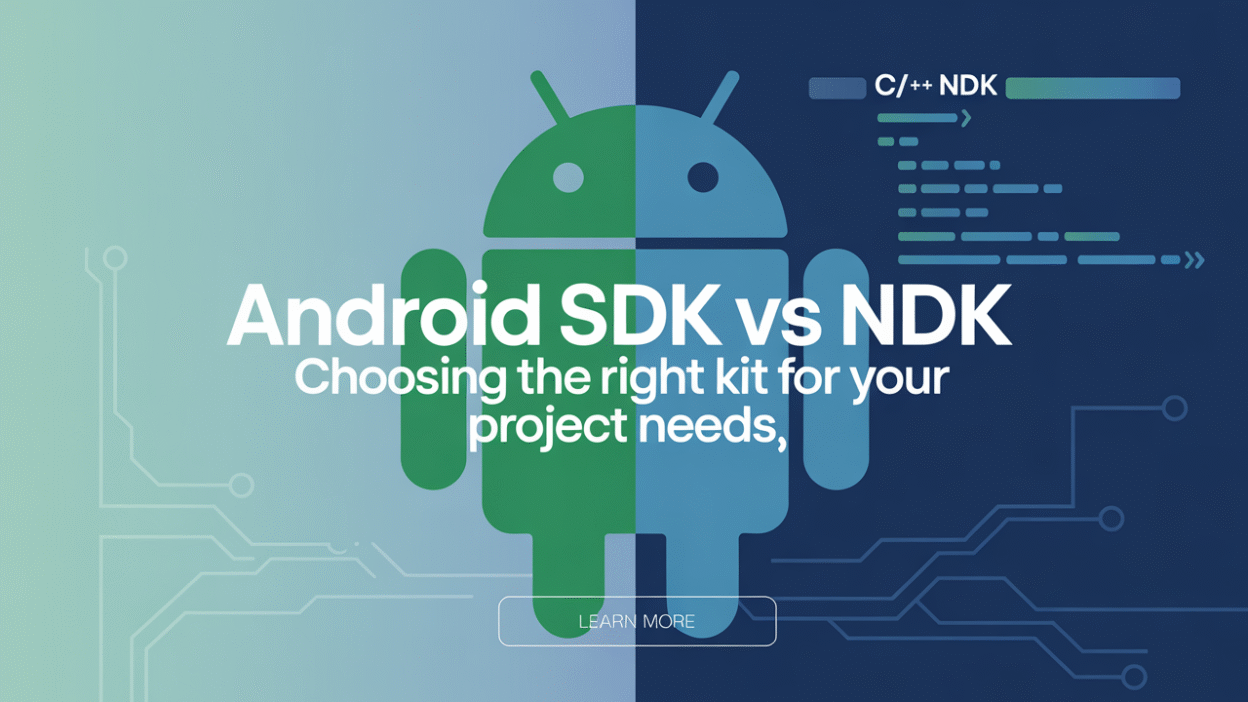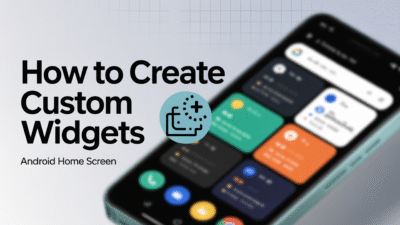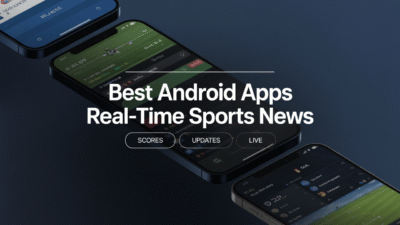When developing Android applications, two essential tools come into play: the Android SDK and the NDK. Understanding the differences between them can significantly impact your project’s performance, compatibility, and development workflow. Whether you’re building a simple app or a high-performance game, choosing the right kit is crucial.
What Is the Android SDK?
The Android Software Development Kit (SDK) is the primary toolkit for developing Android apps. It includes everything you need to create, test, and debug Android applications using Java or Kotlin. The SDK provides tools for compiling resources like XML files and PNG images, packaging them into APKs, and deploying them to devices .
Key components of the Android SDK include:
- Development Tools: Compiler, debugger, and other utilities.
- API Libraries: Pre-written code modules for common functions.
- Emulator: A virtual device for testing apps without physical hardware.
- Documentation: Guides and references for APIs and best practices.
Most Android developers rely on the SDK for standard app development since it simplifies the process with high-level languages and frameworks .
What Is the Android NDK?
The Android Native Development Kit (NDK) is a toolset that allows developers to implement parts of their apps in native code, primarily using C and C++. This enables direct interaction with system resources and hardware, which can be beneficial for performance-intensive applications like games, audio processing, or real-time simulations .
The NDK includes:
- Cross-compilers: To generate machine code for different CPU architectures such as ARM or x86 .
- Native Libraries: APIs specific to low-level operations.
- Build Tools: For compiling native code into shared libraries usable by the Android app .
While using the NDK can offer performance benefits in certain scenarios, it also adds complexity to the development process. According to some experts, incorporating native code does not always result in significant performance gains but increases maintenance overhead .
SDK vs NDK: When to Use Each
Use the Android SDK if:
- You are developing standard Android apps.
- Your project requires access to Android-specific APIs.
- Simplicity and cross-device compatibility are priorities.
- You’re using Java or Kotlin, which are better integrated with the Android framework .
Use the Android NDK if:
- Your app has performance-critical components (e.g., gaming engines, physics simulations).
- You need to integrate existing C/C++ libraries.
- You’re working on cross-platform projects where code reuse is important.
- You have a clear understanding of memory management and native programming concepts .
Performance Considerations
Although the NDK allows for low-level optimization, it’s not a guaranteed path to faster apps. Most Android applications perform well using the SDK alone. However, in cases involving heavy computations or graphics rendering, leveraging the NDK can provide noticeable improvements . That said, many developers find that premature use of the NDK leads to unnecessary complexity without measurable gains .
Conclusion
Choosing between the Android SDK and NDK depends on your project’s requirements and performance needs. For most Android developers, the SDK is sufficient and recommended due to its ease of use and robust support. On the other hand, the NDK is ideal for specialized use cases where direct hardware access or integration with native libraries is necessary.
By understanding these tools and their appropriate use cases, you can make informed decisions that streamline development and enhance your application’s capabilities.



